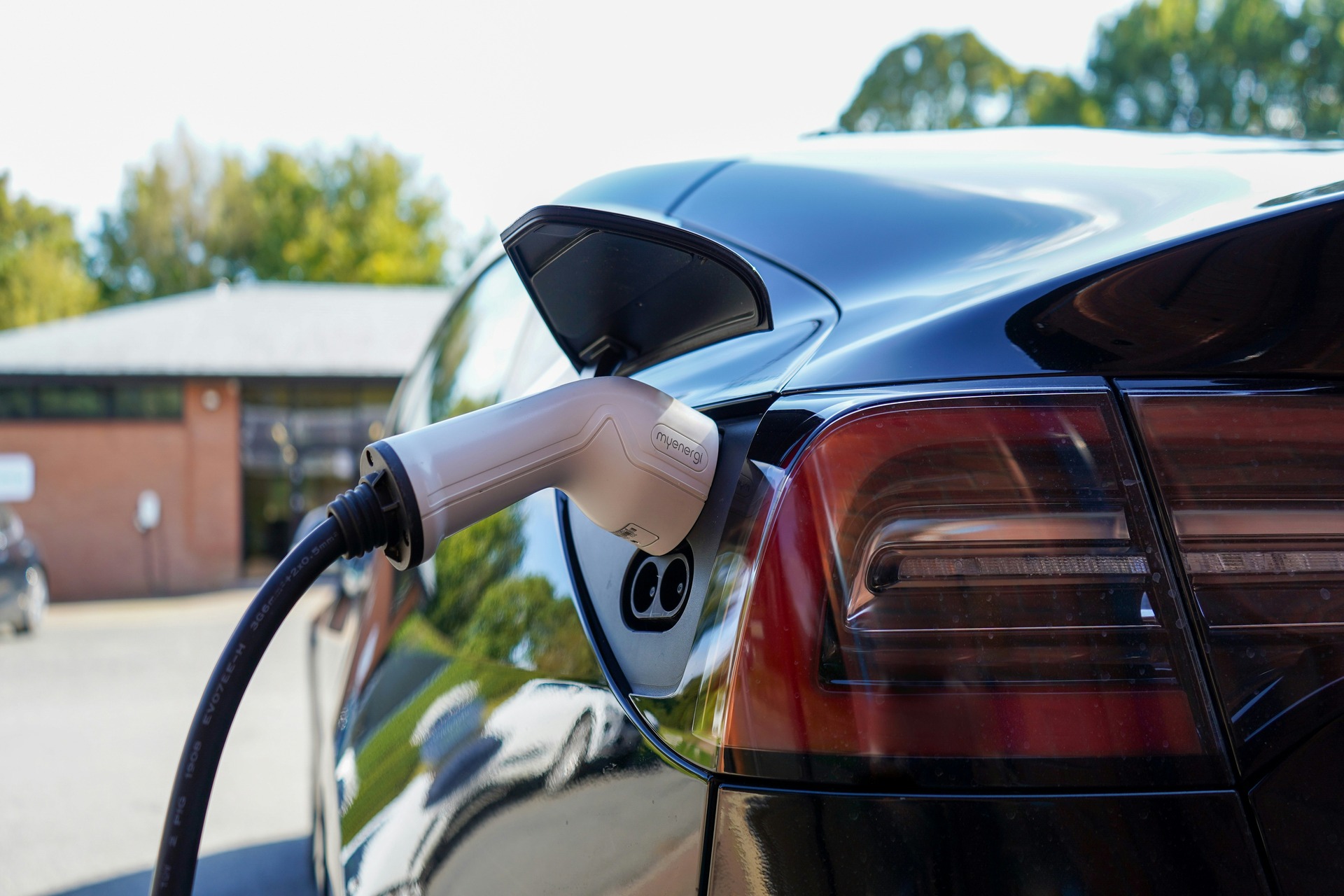
The Gas vs Electric Cars Debate That’s Conquering the Road
We are reader-supported. When you buy through links on our site, we may earn affiliate commission.
The gas vs electric cars debate is heating up as more consumers, automakers and policymakers weigh the future of transportation. Rising fuel prices squeeze drivers at the pump, while growing awareness of climate change pushes cleaner alternatives into the spotlight.
At the same time, electric vehicle technology is evolving fast. It offers longer ranges, quicker charging and smart features that weren’t possible just a few years ago. Whether someone is a longtime gearhead or just trying to cut commute costs, the question of gas vs electric cars is no longer hypothetical. It drives real decisions on roads around the world.
Performance Face-Off
Regarding performance, the comparison of gas vs electric cars is full of trade-offs that matter to everyday drivers and car enthusiasts. Gas-powered cars still hold an edge in instant refueling. They are known for their consistent high-speed performance, especially on long highway drives. Many drivers enjoy the sensory experience, like the familiar engine growl and shifting gears.
On the other hand, electric cars deliver power in a different, more efficient way. EVs generate torque almost instantly thanks to electric motors, which means smoother, faster acceleration without any lag. Regenerative braking also adds to the appeal, helping to recover energy while slowing down. While gas cars may still dominate in range and refueling speed, EVs are quickly winning over performance lovers with their quiet power and responsive drive.
Cost Showdown
When it comes to cost comparisons in the gas vs electric cars debate, the conversation goes far beyond just the sticker price. While electric vehicles tend to be more expensive upfront, that gap is closing thanks to government incentives, competitive pricing and the increasing availability of budget-friendly models.
More importantly, EVs offer serious long-term savings. With fewer moving parts than traditional engines, they require far less maintenance. This involves no oil changes, fewer brake repairs and less risk of major mechanical issues. Fueling costs tell an even clearer story. It costs around $485 per year to charge an electric vehicle, compared to about $1,117 to keep a gas-powered car on the road.
Plus, the ability to charge at home adds a layer of convenience and potential savings, especially when taking advantage of off-peak electricity rates. For many drivers, the actual value of electric vehicles reveals itself not on day one, but over years of lower running costs and minimal upkeep.
Infrastructure Reality Check
Infrastructure is influential in the gas vs electric cars debate, especially regarding convenience on the road. Gas stations are still the go-to option for quick and easy refueling, with wide coverage across urban, suburban and rural areas. They offer a fast turnaround, often taking just a few minutes to fill up and get moving again.
While improving steadily, charging networks for electric vehicles remain uneven across regions. As of February 2024, there were over 61,000 publicly accessible EV charging stations in the U.S. This is a sign of strong growth. Still, it is not yet equal to the vast network of gas stations.
Drivers in major cities may find chargers more accessible, but long-distance or rural travel still requires more planning. That said, the momentum is clearly on the side of EV infrastructure. New charging stations are popping up at retail centers, rest stops and office parks nationwide.
Eco-Friendliness
The environmental argument in the gas vs electric cars debate is becoming increasingly hard to ignore. Gas-powered vehicles are major contributors to CO2 emissions, air pollution and ongoing reliance on fossil fuels. These factors directly impact climate change and public health. Electric vehicles offer a cleaner alternative with zero tailpipe emissions and a much higher energy efficiency, converting between 87% and 91% of their energy into motion.
However, it’s important to recognize that EVs aren’t entirely impact-free. The electricity powering them can come from a mix of clean and dirty sources, depending on the grid. The environmental cost of producing and disposing of EV batteries — particularly mining lithium, cobalt and nickel — raises valid concerns.
Advancements in battery recycling, sustainable sourcing and clean energy are moving fast. While neither option is perfect, electric cars offer a significantly greener path forward, especially as the world shifts toward renewable power. This gives them an edge in the conversation of gas vs electric cars.
The Cool Factor
In the gas vs electric cars conversation, style and innovation play a growing role in shaping public perception and buyer interest. Electric vehicles often come packed with smart features — like voice assistants, over-the-air software updates and sleek, touchscreen-heavy dashboards.
Meanwhile, gas-powered vehicles still dominate in specific use cases, especially for drivers who need towing capacity, long-distance range or are frequently far from charging infrastructure. But the industry is shifting. Automakers worldwide are investing heavily in electric and hybrid lineups, signaling that this movement is the new direction of mobility.
Global electric car sales exceeded 17 million in 2024, accounting for over 20% of all new cars sold worldwide. That milestone alone shows how much momentum EVs have gained in the broader gas vs electric cars debate. This is especially true as technology, performance and sustainability increasingly intersect on the road ahead.
It’s Not One-Size-Fits-All
The gas vs electric cars debate ultimately comes down to personal needs. Budget, values and daily driving habits all play a big role. The smartest move is to test-drive both options and consider long-term costs, not just the sticker price. Instead of seeing gas vs electric cars as a battle, think of it as a personal journey toward the ride that fits best.
Frequently Asked Questions
Are electric cars cheaper to own?
Yes, due to fewer repairs and lower charging costs, upfront prices are higher.
How long does it take to charge an electric car?
It varies. Home charging overnight or fast charging in under an hour for some models.
What about battery replacement costs?
They’re high, but most EVs offer 8-year warranties and battery prices are dropping.
Do EVs work in extreme heat or cold?
Yes, but the range may drop in cold climates. Tech improvements are narrowing the gap.
Is it better to buy a hybrid instead?
Hybrids offer a great middle ground—especially if you’re not ready to go fully electric.
Share on
Like what you read? Join other Environment.co readers!
Get the latest updates on our planet by subscribing to the Environment.co newsletter!
About the author

Jane Marsh
Starting from an early age, Jane Marsh loved all animals and became a budding environmentalist. Now, Jane works as the Editor-in-Chief of Environment.co where she covers topics related to climate policy, renewable energy, the food industry, and more.





